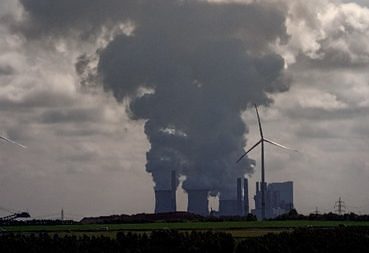
It can also be used to support the implementation and monitoring of EU air policies, as well as to inform the public about the impact of air pollution on health and the environment. The aim is to create a space for open dialogue and cooperation between different stakeholders to achieve better air quality across the European Union. This year's Clean Air Forum was hosted by Rotterdam, Europe's largest port city. The main theme of the conference was sustainable mobility and innovation in maritime transport. Not only the Netherlands but also Germany, presented their successful emission reduction measures that will bring better air quality. Extending cycle paths, encouraging people to use public transport, 'carsharing', 'bikesharing', and building low emission zones are the most interesting measures, including the transformation of cities into '15-minute cities' where everything you need is available within a short distance, and there is no need to use cars. The successful implementation of these measures has been presented by the Baden-Württemberg Ministry of Transport, which has gone far beyond EU air quality directives and manuals. This is an even greater success, as the capital, Stuttgart, is one of the world's major car-producing cities and individual car traffic has been strong in the German federal state. It is important to emphasize the statement that public passenger transport must be subsidized by the local and national government in all circumstances.
Members of our department (OEaB) had the opportunity to participate in this event again this year. Overall, participation in the conference was beneficial in terms of gaining new information on the direction of the European Union and suggestions for available measures in the field of sustainable mobility and maritime transport. These measures will make it possible to improve air quality in Europe and in all Member States in the long term and in a sustainable manner. The most important panel was the panel for the revision of the Ambient Air Quality Directive. Meeting the stricter limits will be challenging for the Slovak Republic, and the inclusion of methane in the balance of pollutants will be a novelty. Unfortunately, the exact reporting mechanism was not presented. This agenda needs to be further monitored.

